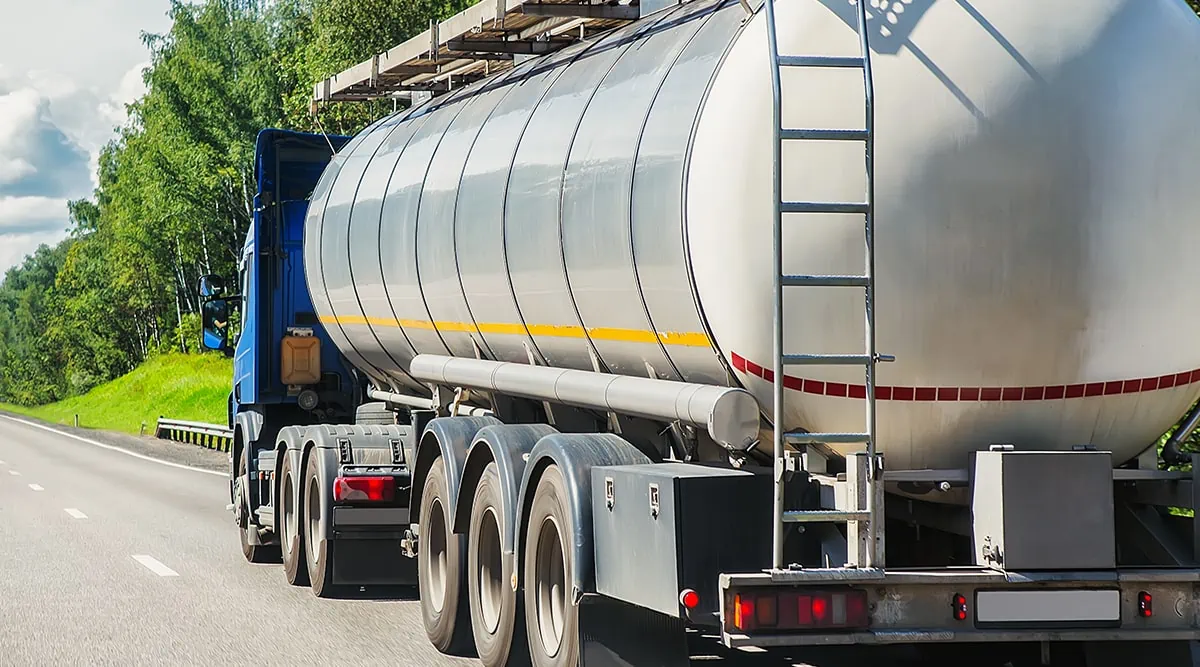The smart Trick of Reclaim Waste That Nobody is Discussing
The smart Trick of Reclaim Waste That Nobody is Discussing
Blog Article
Some Of Reclaim Waste
Table of ContentsNot known Details About Reclaim Waste Reclaim Waste Can Be Fun For AnyoneThe Greatest Guide To Reclaim Waste4 Easy Facts About Reclaim Waste ExplainedReclaim Waste Things To Know Before You Buy
Discover the kinds, incidents, and types of liquid waste. Residential sewer waste describes the waste and items from a domestic septic storage tank. This kind of waste is developed by people in houses, institutions, and other buildings. This only consists of septic systems that have a drainpipe field. The correct monitoring and disposal of domestic sewer waste call for liquid waste to be moved to a sewer therapy plant where the proper techniques and tools are put on purify and take care of waste.
Business waste often consists of possible threats, such as flammable materials or a mix of fluid and strong waste products, and requires an advanced and comprehensive disposal process. The disposal of industrial waste typically entails the purification of waste prior to transport to ensure safe and proper disposal. Hazardous waste is developed from by-products and overflow of commercial processes and manufacturing.
This sort of waste can not make use of the same sewer management transport or processes as septic or business liquids. The industrial waste monitoring process needs the inspection and testing of liquid waste prior to it undertakes the disposal process (liquid waste removal melbourne). Drainage waste is the fluid waste that comes from runoff and excess stormwater in very inhabited locations or cities
Drainage waste can trigger contamination and flooding otherwise handled effectively. Find out extra about sewage system cleaning and waste administration. Guaranteeing proper waste management can prevent calamities and minimize ecological damage. Both people in residential settings and specialists in industrial or manufacturing markets can take advantage of understanding the procedures and guidelines of fluid waste monitoring.
Unknown Facts About Reclaim Waste
Contact PROS Solutions today to discover our waste monitoring and disposal services and the appropriate ways to look after the liquid waste you produce.
(https://filesharingtalk.com/members/604691-reclaimwaste1)Do you know what occurs to your water when you disengage, purge the bathroom or drain pipes the washing equipment? No? Well, it's worth recognizing. This so-called 'wastewater' is not just a crucial resource but, after therapy, will certainly be released to our land, rivers or the ocean. Made use of water from toilets, showers, baths, kitchen area sinks, washings and commercial procedures is called wastewater.

water utilized to cool machinery or clean plant and tools). Stormwater, a form of wastewater, is drainage that moves from farming and city areas such as roof coverings, parks, gardens, roads, courses and rain gutters right into stormwater drains pipes, after rain. Stormwater flows without treatment straight to regional creeks or rivers, ultimately reaching the sea.
Reclaim Waste for Beginners
In Queensland, many wastewater is dealt with at sewer therapy plants. Wastewater is moved from domestic or industrial websites through a system of drains and pump stations, referred to as sewerage reticulation, to a sewage treatment plant. Regional governments construct, keep and operate most sewage therapy plants. Operators are licensed under the Environmental Management Act 1994 to release cured wastewater at an acceptable environmental criterion into rivers.
The Division of Natural Resources advises local governments regarding handling, operating and preserving sewage systems and therapy plants. In unsewered areas, neighborhood governments may need owners to set up private or household sewer therapy systems to deal with residential wastewater from commodes, cooking areas, shower rooms and laundries. The Department of Natural Resources authorizes using home systems when they are proven to be effective.
Many stormwater gets no therapy. In some new communities, treatment of some stormwater to eliminate litter, sand and crushed rock has actually started utilizing gross pollutant traps. Wastewater therapy happens in 4 phases: Eliminates solid matter. Bigger solids, such as plastics and various other items wrongly released to sewers, are gotten rid of when wastewater is travelled through displays.
Uses small living microorganisms recognizes as micro-organisms to break down and remove continuing to be dissolved wastes and great bits. Micro-organisms and wastes are incorporated in the sludge.
Fascination About Reclaim Waste
Nutrient removal is not offered in all sewer therapy plants since it requires expensive specialized tools. It is coming to be much more common in Queensland. Clear fluid effluent created after treatment may still have disease-causing micro-organisms. If this effluent is launched into rivers such as rivers or the sea, the micro-organisms will ultimately die out.

Most wastewater moves right into the sewage system. Under the Act, neighborhood federal governments carry out authorizations and licences for ecologically appropriate activities (Ages) involving wastewater releases that could have a regional influence.
How Reclaim Waste can Save You Time, Stress, and Money.
Otherwise, samples are considered laboratory analysis. Frequently many tests are needed to establish the levels of each of the different pollutants such as oils, hefty metals and chemicals in water. Surveillance gives accurate information concerning water high quality and can verify that licence conditions are being met. The information gotten via surveillance offers the basis for making water top quality choices.
Report this page